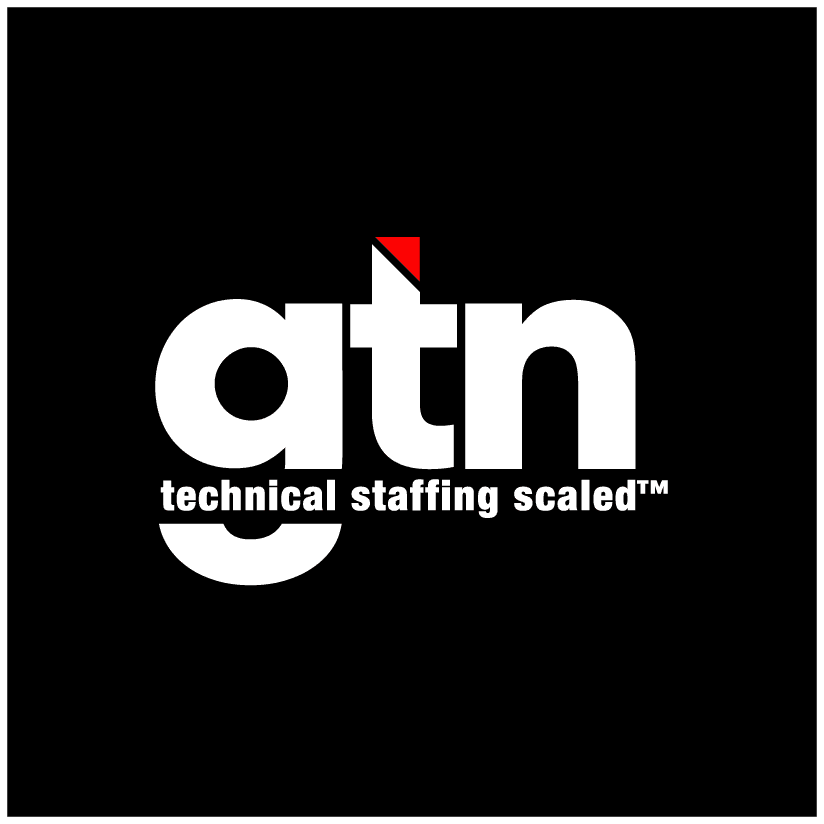Becoming a field service worker can open up a world of career opportunities. Also referred to as field service technicians, these professionals are the backbone of many industries, as they are the ones who ensure the smooth operation of an array of equipment and systems. Their role is crucial in everything from installation to maintenance, providing an essential service for a wide range of sectors.
If you are contemplating this career path, this guide will offer comprehensive insights into the role and how to excel.
What is a Field Services Worker?
A field services worker is a trained professional who travels to different locations to work on equipment and machinery. They may be involved in installing, inspecting, repairing, and maintaining complex systems, providing crucial support to businesses in various sectors.
Field services technicians operate in various environments, ranging from large corporations to small consulting firms and service providers. Some even serve major government agencies and municipalities. Depending on the employer or client’s needs and their own area of expertise, the requirements of the role can vary significantly.
The demand for skilled and dependable professionals in this field is growing exponentially, particularly as technology continues evolving and businesses strive to keep their systems and equipment functioning optimally while cutting the overhead involved with directly hiring employees.
Related: Why Businesses Are Choosing Managed Field Services Instead of Direct Hire
Responsibilities of a Field Services Technician
Field services technicians handle a wide range of tasks, often customizing their approach based on the unique requirements of each job. Their responsibilities typically include:
- Responding to service requests and traveling to client sites.
- Troubleshooting problems and working on equipment.
- Completing forms, invoices, and reports.
- Testing equipment to ensure it’s functioning correctly.
- Managing on-site installations or repairs.
- Providing customer support during field visits.
- Operating vehicles and machinery safely.
- Adhering to company rules, protocols, and regulations.
- Collaborating with technical teams and sharing information across the organization.
In addition to these tasks, a field services worker is expected to maintain a high level of professionalism and customer service. This involves communicating effectively with clients, identifying their needs, and ensuring their satisfaction.
6 Ways to Break Into Managed Field Services
Becoming a field services worker requires education, training, and practical experience. Here are six ways to start a career in managed field services:
Identify Your Areas of Interest
Because of the need for field service workers in so many different industries, there are likely job opportunities in a field that interests you. From communication systems, computers, healthcare, energy, mechanics and beyond, identify your passion and research potential career paths in that area.
Complete Your Education
While many field services positions are entry-level, most require at least a high school diploma or GED. Consider pursuing further education in your chosen field to enhance your knowledge and improve your employment prospects.
Develop Your Skill Set Through Training
Practical experience is invaluable, especially in the area of field services. Apprenticeships and internships can provide hands-on experience and networking opportunities, potentially leading to permanent positions.
Pursue Certification
Earning a field-specific certification can enhance your career prospects. Explore different organizations and associations to identify available certifications and how to earn them.
Consider Relevant Experience
Consider any past experiences that could make you a more appealing candidate. If you have a degree, consider how to apply your education to your position of interest.
Research Employment Opportunities
Once you’ve developed your skills and gained experience, search for opportunities to exhibit them. Consider including related terms in your searches to increase the number of opportunities you find. Or better yet, consider working with a technical staffing agency specializing in managed field services. They will have access to career opportunities you may have never considered.
Developing Essential Skills
Beyond obtaining the required qualifications, field services workers must also develop soft skills. These include:
Customer Service Skills
Working in managed field services means direct interaction with clients. Exceptional customer service skills can help satisfy your clients and lead to more job opportunities.
Technical Proficiency
No surprise here: a professional dispatched to problem-solve at a client’s location will need to be technically savvy and able to troubleshoot and resolve challenging technical issues.
Problem-Solving Skills
A considerable portion of this role involves diagnosing and fixing issues. Strong problem-solving skills are essential to identifying and addressing these problems effectively.
Communication Skills
Effective and clear communication with clients and colleagues is essential in this role.
Time Management Skills
The key to juggling multiple tasks and clients is time management. While software can help, getting the job done on time and on budget requires effort, self-discipline, and consistency.
Industries Experiencing the Most Growth
As stated above, field services technicians play a significant role in almost every industry. However, some industries are experiencing even more growth. For instance:
Tech
There is a great need for field services workers in the tech industry, especially in the areas of remote desktop support and the installation of complex technological systems.
Construction
In the construction sector, these professionals oversee installing and maintaining mechanical and electrical systems.
Medical Equipment Field Services
Medical equipment is another growing sector, with field services technicians responsible for installing, maintaining, and repairing critical healthcare equipment.
Energy
In the energy sector, field services technicians install and maintain electrical systems, solar panels, or hydroelectric power systems.
Whether working with Fortune 200 companies or small commercial enterprises, field services workers offer expertise to ensure equipment and systems function optimally.
How to Stand Out in the Field
To stand out as a field services worker, you need to have the required skills, qualifications, and commitment to continuous learning and improvement. Staying abreast of industry trends and advancements in your field, obtaining relevant certifications, and developing a solid network of contacts can all help you stand out.
Furthermore, showcasing your skills and experience on professional networking sites like LinkedIn can help you attract the attention of potential employers. Keep your profile up-to-date and highlight any achievements or notable projects you’ve worked on.
You Might Like: How to Find a Mentor to Advance Your High Tech Career
What to Expect: Salary and Job Growth
The demand for skilled field services technicians is expected to grow in the coming years, thanks partly to technological advancements and the increasing reliance on complex systems and equipment.
On average, field services technicians in the United States can earn a starting salary of around $50,000. However, compensation can vary depending on the industry, location, and experience level.
Your Career as a Field Services Technician Starts at GTN Technical Staffing
Remember, becoming a field services worker involves continuous learning and adaptation. Stay open-minded, embrace new technologies, and always strive to deliver the best service possible. The future of field services is bright, and there’s never been a better time to join this exciting industry.
If you’re considering a career in managed field services, connecting with a technical recruiter at GTN Technical Staffing is an excellent place to start. We specialize in connecting professionals to companies and organizations for managed field services and outsourced field services staffing support.
For more information and to explore current and future career opportunities, speak to a technical recruiter at GTN Technical Staffing today.







